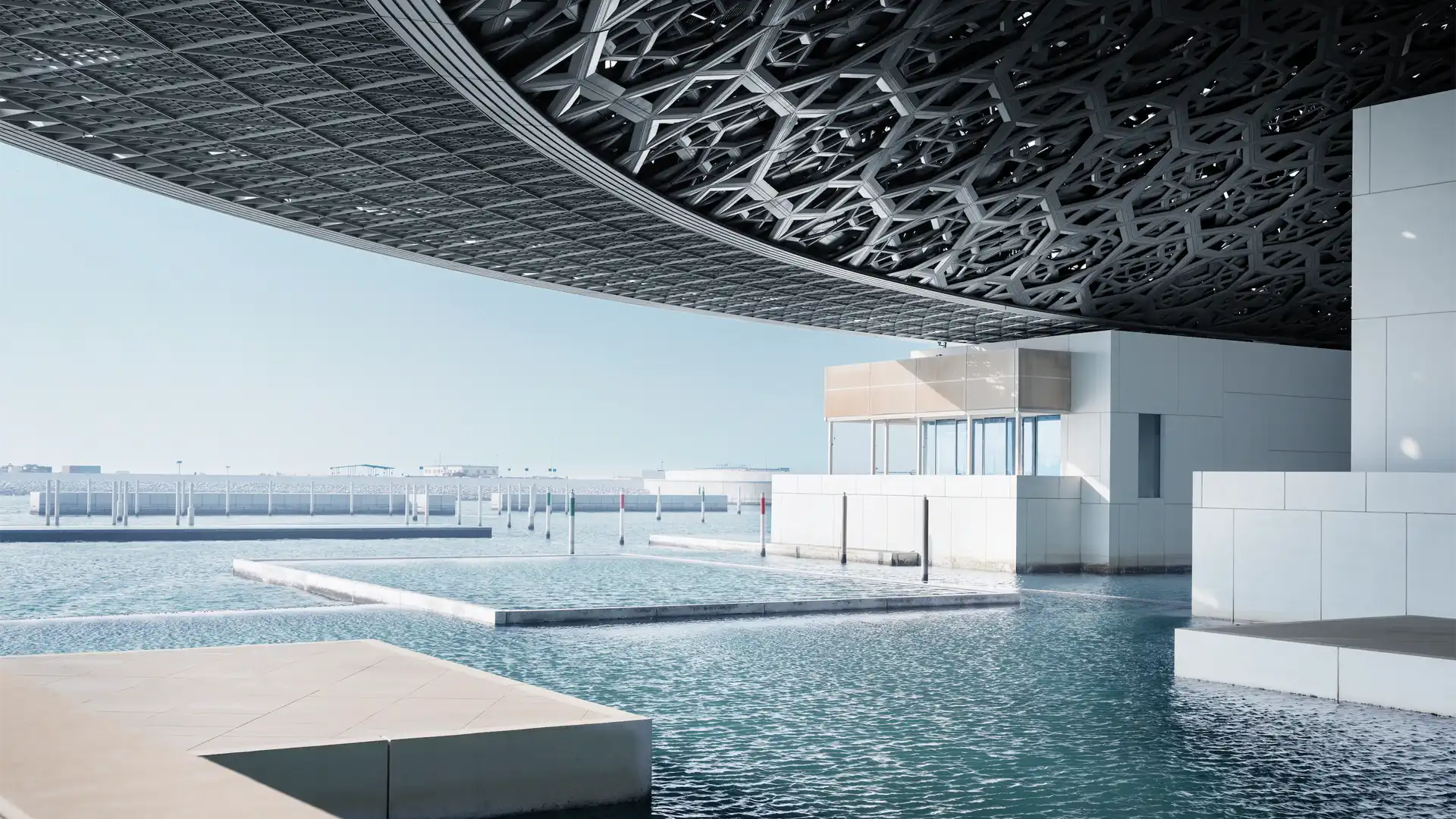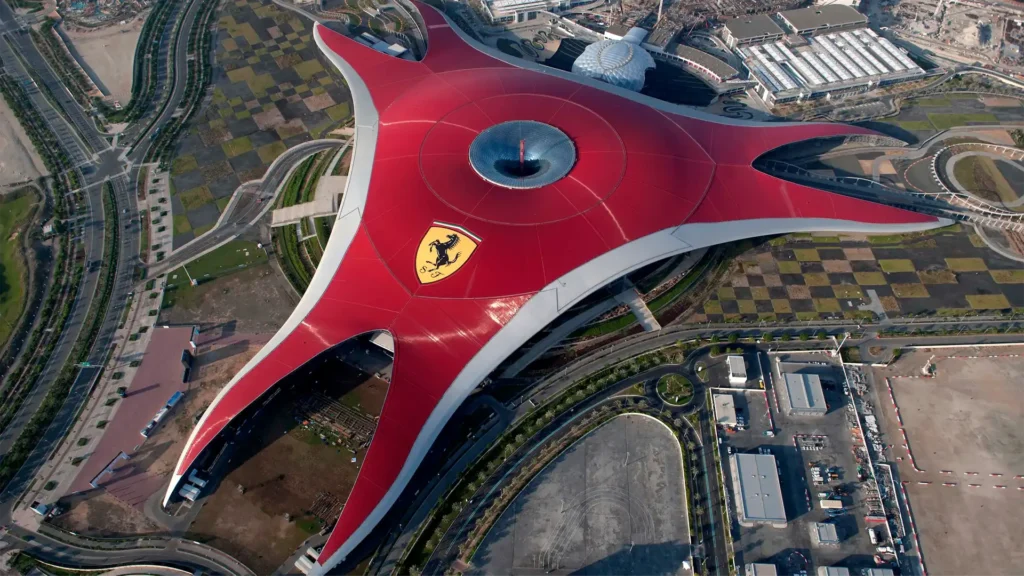The skyline of Abu Dhabi is a sight to behold. Tall buildings reach for the sky, and at night, they come alive with twinkling lights. It's like a futuristic oasis right in the heart of the desert.
When you explore Abu Dhabi, you'll find a rich tapestry of cultures. You can stroll through bustling markets where the aroma of spices fills the air. The food scene here is diverse and delicious. Don't miss out on trying local delicacies like shawarma or falafel.
The Sheikh Zayed Grand Mosque is a must-visit. It's a masterpiece of Islamic architecture, with its white domes and intricate mosaics. As you step inside, you'll be in awe of the grandeur and tranquility it offers.
If you're into adventure, head out to the dunes for some thrilling desert safaris. Feel the rush as you go dune bashing or try your hand at sandboarding. And when the sun sets over the desert, you'll witness a breathtaking display of colours.
Abu Dhabi isn't just about modernity; it also has a rich history. The Al Jahili Fort, for example, is a reminder of the city's past. It's a sturdy structure with a lot of stories to tell.
So, if you're up for a unique blend of urban life and desert beauty, Abu Dhabi is the place to be. It's a city that welcomes you with open arms and leaves you with unforgettable memories.

The best time to visit Abu Dhabi largely depends on your preferences for weather and special occasions. If you prefer milder temperatures and outdoor activities, the winter months from November to February are ideal. During this time, you can enjoy pleasant weather for exploring the city's attractions and taking part in outdoor events.
For those interested in experiencing Abu Dhabi's rich culture and heritage, consider visiting during the holy month of Ramadan, which follows the Islamic lunar calendar and typically falls on different dates each year. It's a unique time to immerse yourself in local customs, with special prayers, festive iftars (evening meals to break the fast), and cultural events.
Another excellent time to plan your trip is during the Abu Dhabi International Film Festival, which usually takes place in October. This event showcases a wide range of international films and offers a glimpse into the world of cinema, making it an exciting cultural experience for film enthusiasts.
Currency: The official currency in Abu Dhabi is the United Arab Emirates Dirham (AED). You'll find plenty of currency exchange offices and banks across the city to exchange your money.
Language: Arabic is the official language, but English is widely spoken, especially in tourist areas, hotels, and restaurants. You won't have trouble communicating in English.
Credit Cards and ATMs: Credit cards like Visa and Mastercard are widely accepted in Abu Dhabi. You can easily find ATMs throughout the city for cash withdrawals. Just be aware of any foreign transaction fees your bank might charge.
Plugs: The electrical outlets in Abu Dhabi typically use the Type G socket with a three-pin configuration. The standard voltage is 230 V, and the standard frequency is 50 Hz. It's a good idea to carry a universal adapter if your devices have different plug types.
Safety: Abu Dhabi is considered one of the safest cities in the world. Violent crime is rare, and the city has a strong police presence. However, it's always wise to take standard precautions like safeguarding your belongings and avoiding poorly lit areas at night. Abu Dhabi also has strict laws, so be aware of local customs and regulations to ensure a trouble-free visit.
